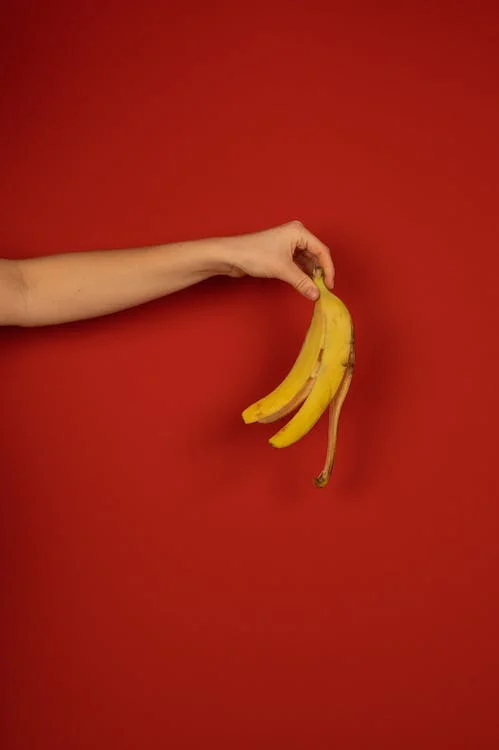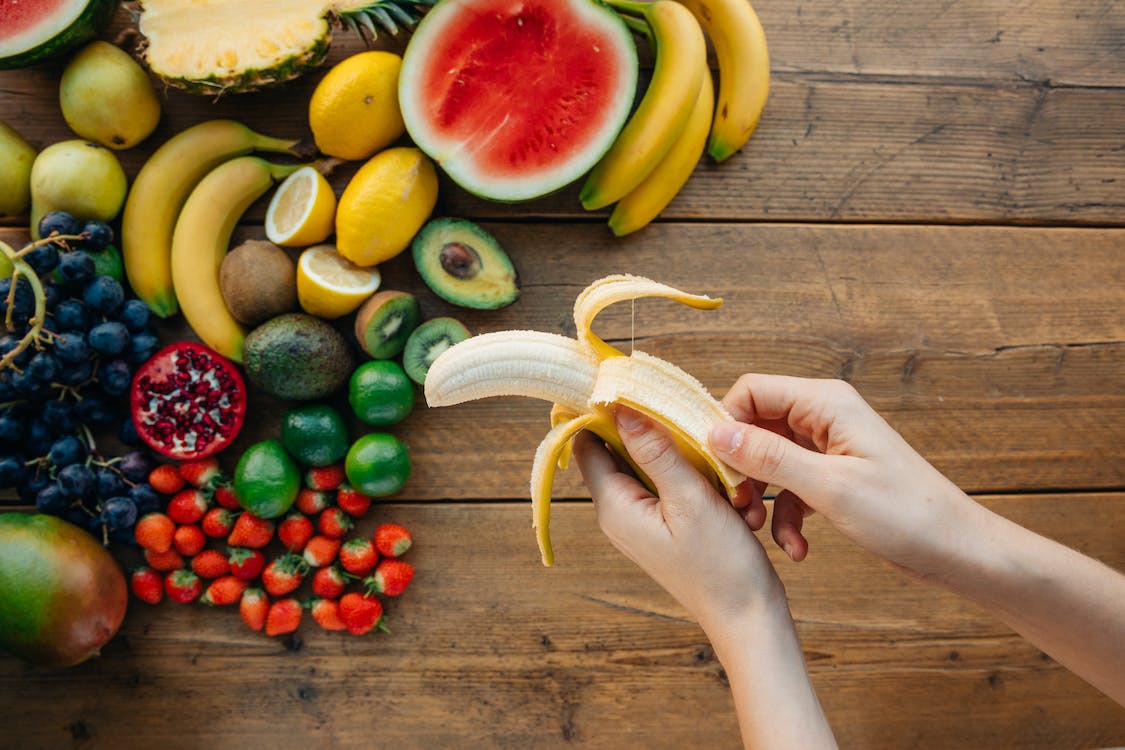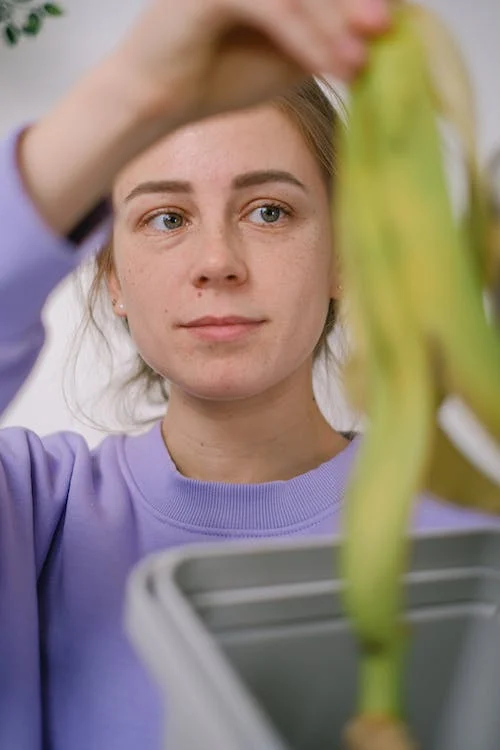Contents
– Focus on banana peels
– Method 1: Bury the banana peels at the foot of the roses
– Method 2: Mulch the plants with the banana peel strips
– Method 3: Make liquid fertilizer from banana peels
– Method 4: Enrich your compost
Banana is the most consumed fruit in the world. The fleshy peel represents 30 to 40% of the weight of the fruit, so it would be a shame not to recycle this organic material, rich in minerals, for use in the garden. This will help to reduce chemical fertilizers and, therefore, a significant step toward sustainability.
Here are different ways to use banana peels as fertilizer.
Focus on banana peels
Banana peel is an organic waste used to feed animals and enrich the soil thanks to its nitrogen and mineral content. It contains, in fact :
– a high proportion of protein (rich in nitrogen), i.e., 6 to 9% of the dry matter ;
– 20 to 30% of fiber (cellulose, hemicellulose, and lignin);
– up to 40% starch in green plantain, which is converted into fast sugars after ripening;
– the fast sugar content is 30% for ripe dessert banana peel.
Composting banana peels release a significant amount of nitrogen, potassium, phosphorus, magnesium, and iron, which are helpful to plants, particularly for forming fruit, reviving the color of flowers, increasing disease resistance, and promoting rooting…
Good to know: many studies have been conducted to obtain quality compost, especially from banana peels associated with oil palm waste.
Method 1: Bury the banana peels at the foot of the rose bushes

Banana peels compost quickly in the soil in the presence of oxygen.
– Spread the peels on the ground at the base of the rose bushes and lightly scratch the soil to bury them.
– You can also place a banana peel at the bottom of the planting hole, cover it lightly with soil, and then plant the root ball of your chosen flower or a vegetable such as a tomato, zucchini, bell pepper, or eggplant on top.
Method 2: Mulch plants with banana peel strips
Roughly cut the banana peels, then mulch all around the plant (roses, tomatoes, zucchini…), right at the outer edge of the vegetation where the rootlets are located.
Good to know: banana peel mulch also has a repellent effect on aphids and other tiny crop pests.
Method 3: Make liquid fertilizer from banana peels

Banana peels are an easy way to make a liquid fertilizer.
– Cut them into cubes and soak them in a bucket of water for a few days.
– Strain the liquid obtained.
– Water your plants, especially indoor or hydroponic crops, with it.
Method 4: Enrich your compost
Throw banana peels into your compost, as they are green waste. Add brown waste (chicken litter, cardboard, cow dung…) to balance the compost.
Good to know: a study showed that banana peels mixed with cow dung generated a compost containing more than 10% potassium (K) and more than 2% nitrogen (N).
Read more:
- How Are Cans Recycled;
- Paper Recycling: How Is It Done?
- How Can I Contribute to Bulb Recycling?
- Cardboard Recycling: What Is It All About;
- How to Get USDA Organic Certification;
- FAQs about Cooking Oil Recycling;
- FAQs about Composting;
- 7 Easy Ways to Reduce Ocean Plastic Pollution;
- 5 Ways to Convert Excrement into Environmentally-Friendly Use;
- A Guide to Using Plastic Containers;
- Ecologist Until Death? Choose the Cardboard Casket for Your Funeral!
- How is Glass Recycling Done?
- Why Is Car Battery Recycling So Important?
- Save Our Planet: Recycle Your Cooking Oil!
- What Do Recycling Symbols Mean?
